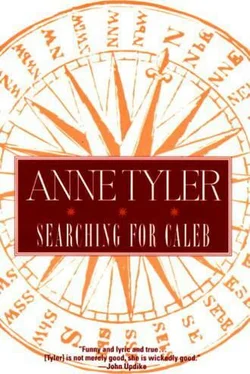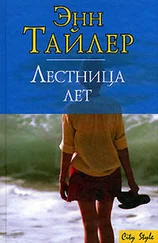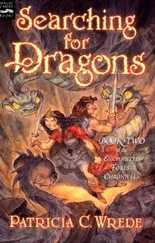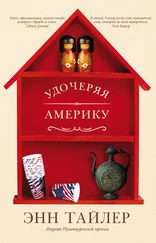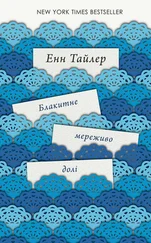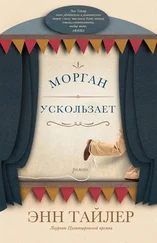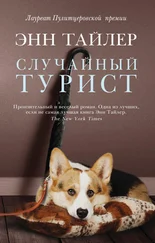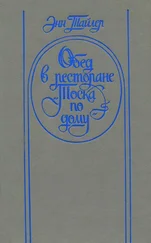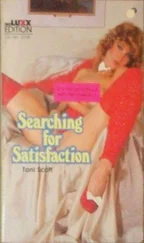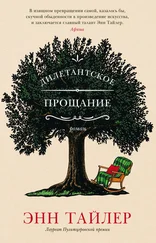So he asked an attendant for writing paper, chafing and excited for the three hours it took her to bring it, but once it came the stony feeling weighed him down again and he found it impossible to form the proper words. Besides, his hands ached. His fingers would not grasp the pencil firmly. He folded the blank page and stuffed it in his pocket, where Daniel’s letter was. Days passed. Weeks passed. For a while his family infiltrated every thought he had, but eventually they faded, returning only occasionally when he put on the coat that served as bathrobe and a rustle in the pocket cast a brief shadow over his morning.
* * *
For lunch there was chicken á la king on toast. After lunch came naptime. Wheelchair patients were laid out like strips of bacon on their beds, but most of the others — rebelling in little ways — wandered in the aisles or stood at the window or sat upright in bed in nests of thin, patched blankets. Caleb himself lay down but did not sleep. He was mentally playing the fiddle. Anyone watching closely could have seen the fingers of his left hand twitch from time to time or his lips just faintly move, uttering no sound. He was playing the “Georgia Crawl” and every note was coming just the way he wanted.
After naps they were supposed to stay in the social room till supper. Caleb, however, wandered out into the yard, and since he always went to the same place nobody tried to stop him. He sat on a bench beneath the little dogwood tree growing from a circle in the concrete. Its upper branches were dry and bare. Lower down, a few red leaves shook in a cold wind. Caleb turned up the collar of his raincoat and huddled into himself. Before long it would be winter and they wouldn’t let him come here any more. By next spring the tree might have died. He was not much of a nature lover, but the thought of sitting in utter blankness, unsheltered by even this cluster of dry twigs, made him feel exposed. He glanced around, suddenly wary. All he saw was a woman in a flat hat picking her way across the concrete.
Now visiting hours were well under way and outsiders would be everywhere, their unexpected colors turning the Home drabber than its residents had realized. Perhaps this one was lost. She moved toward him as if fording a river full of slippery stones. Her straw-colored hair, hanging gracelessly to her shoulders, made him think of the very young girls of his youth, but when she came closer he saw that she was middle-aged. She looked directly at him with a peculiarly searching expression. She held out her hand. “Caleb Peck?” she asked.
“Why, yes.”
He took the hand, although she was a stranger. He would go along with anything; he always had.
“I am Justine Peck.”
“Oh.”
He looked at her more closely, past the helter-skelter hat and the aging clothes to her sandy face, sharp nose, blue eyes. He would know her anywhere, he thought. (But he hadn’t.) A sad kind of shock went through him. He continued holding onto her bony hand.
“I am Daniel Peck’s granddaughter.”
“Oh yes. His granddaughter.”
“Whom he didn’t feel connected to,” she said.
“Yes, I seem to remember . . . ”
He let go of her hand to reach toward his pocket, the one that rustled.
“I have bad news,” he heard.
His — niece? Great-niece. Sat beside him on the bench, light as a bird. He knew what she was going to say. “Daniel is dead,” he told her. How could he have awakened this morning so contented, not guessing what had happened?
“He had a heart attack,” she said.
He felt cheated and bitter. A deep pain began flowering inside him. His hand continued automatically to his pocket, found the letter and pulled it out. “But I hadn’t yet answered,” he said. “ Eventually I was going to.”
“Well, of course.”
Which was not what he had been afraid she would say.
He opened out the letter, blinking through a mist, and smoothed it on the bench between them. Daniel’s typing was conscientious and stalwart and pathetic. This wasn’t fair; it was like having him die twice. “It isn’t fair,” he told Justine.
“It’s not. It’s not at all.”
She sat watching a pigeon while Caleb reread the letter. The margins wobbled and shimmered. Now everything came clear to him. He saw kinder, gentler meanings in Daniel’s words; the other meanings were no longer there. He understood the effort involved, the hesitations, searches for the proper phrase, false beginnings tossed in wastebaskets.
“I should have written,” he told Justine.
She went on watching the pigeon.
“It always seemed to work out with them that I didn’t do what I should have. Did do what I shouldn’t have.”
Her gaze shifted to him, transparent blue eyes whose familiarity continued to confuse him.
“How did he find me?” he asked her. Before, he had barely wondered.
“A detective did it,” said Justine,” but we’d been hunting for years.”
“I thought they would just forget about me.”
She started to say something, and stopped. Then she said, “I used to read the cards for you.”
“The—?”
“Fortune-telling cards.”
“Oh yes,” he said.
“I asked, would Grandfather ever locate you? The cards said yes. However there was always room for error, because Grandfather didn’t cut the cards himself. He wouldn’t have approved. I never thought of asking would he actually see you.”
Caleb folded the letter and put it back in his pocket. He was not sure what they were talking about.
“Uncle Caleb,” said Justine, “will you come home with me?”
“Oh well I — that’s very kind of you.”
“You know we’d love to have you. Duncan and I. Duncan is another grandchild, I married him. You’d like him.”
“Married him, did you,” said Caleb, unsurprised. He sniffed, and then blotted both eyes on the sleeve of his raincoat. “ Well now,” he said. “Whose little girl are you?”
“Caroline’s.”
“Caroline’s? I thought she was the baby, I thought she died.”
“Only after she grew up,” said Justine. “Duncan is Uncle Two’s.”
“Two’s? Oh, Justin Two.”
He contemplated the pigeon, whose feathers reminded him of a changeable taffeta dress that Maggie Rose had once worn. Justin Two was the most demanding of all her children, he seemed to remember; the loudest and the shrillest, the most likely to interrupt a conversation. “Tell me,” he said, “is he still the same?”
“Yes,” said Justine, as if she knew what he meant.
He laughed.
Justine said, “Listen. You can’t stay here! I went to that office in there to ask for you and they said, ‘He’s out by the tree, but you’ve only got twenty minutes. Then visiting hours will be over,’ they said. I said, ‘But I’ve been traveling since yesterday! I am his great-niece Justine Peck and I’ve come all the way from Caro Mill, Maryland. I have to spend more than twenty minutes! ’ ‘Sorry, Miss,’ they said, ‘rules are rules.’ You can’t stay in a place like this!”
“It’s true,” said Caleb, “they do like rules.”
“Will you come? We could leave this evening.”
“Oh, well you see they’d never let me do it,” Caleb said. “No. You weren’t the person who signed me in here, they’d never just let me . . . or if they did, there’d be so much paperwork. It would take some arranging. Perhaps several weeks before they would allow me to—”
“ Allow you?” Justine said. “What, are you in prison?”
Caleb blinked and looked around him.
“Never mind, just come,” said Justine. “You already have your coat on. There’s nothing you want from inside, is there? We can go over the wall in back, where it’s lowest. They won’t even see us leave.”
Читать дальше
